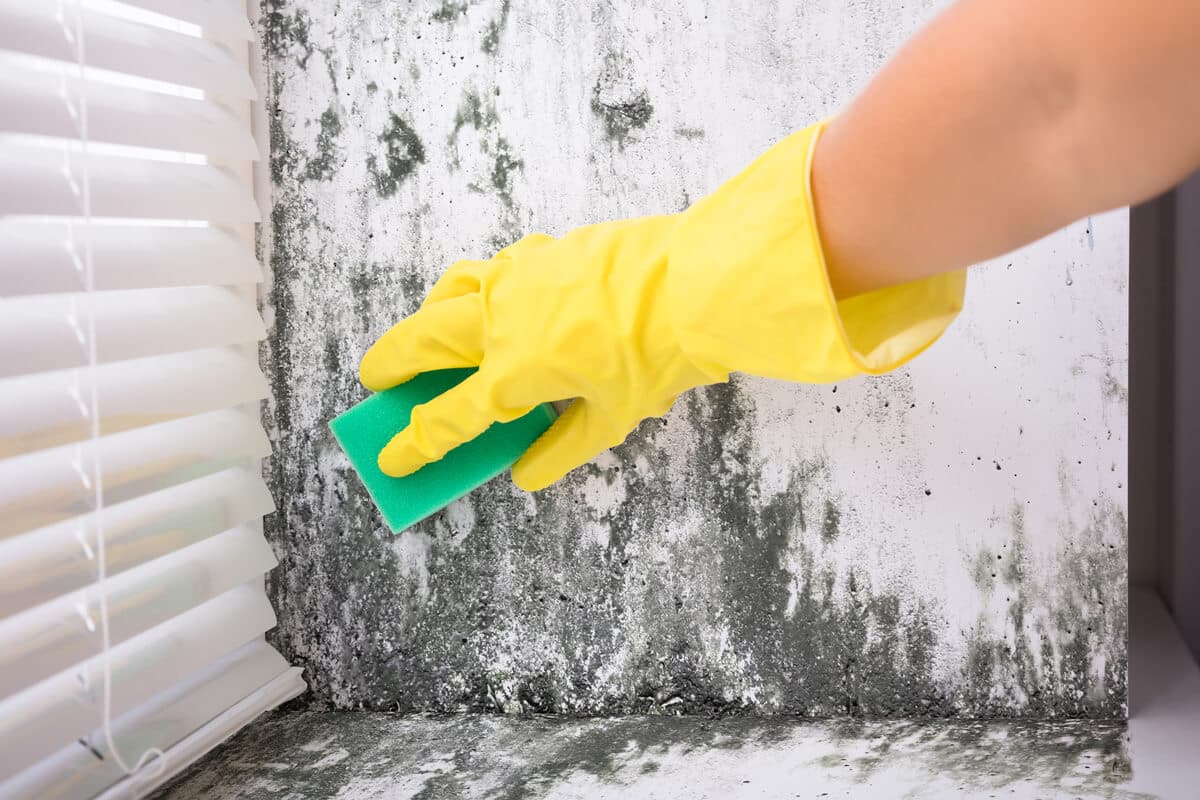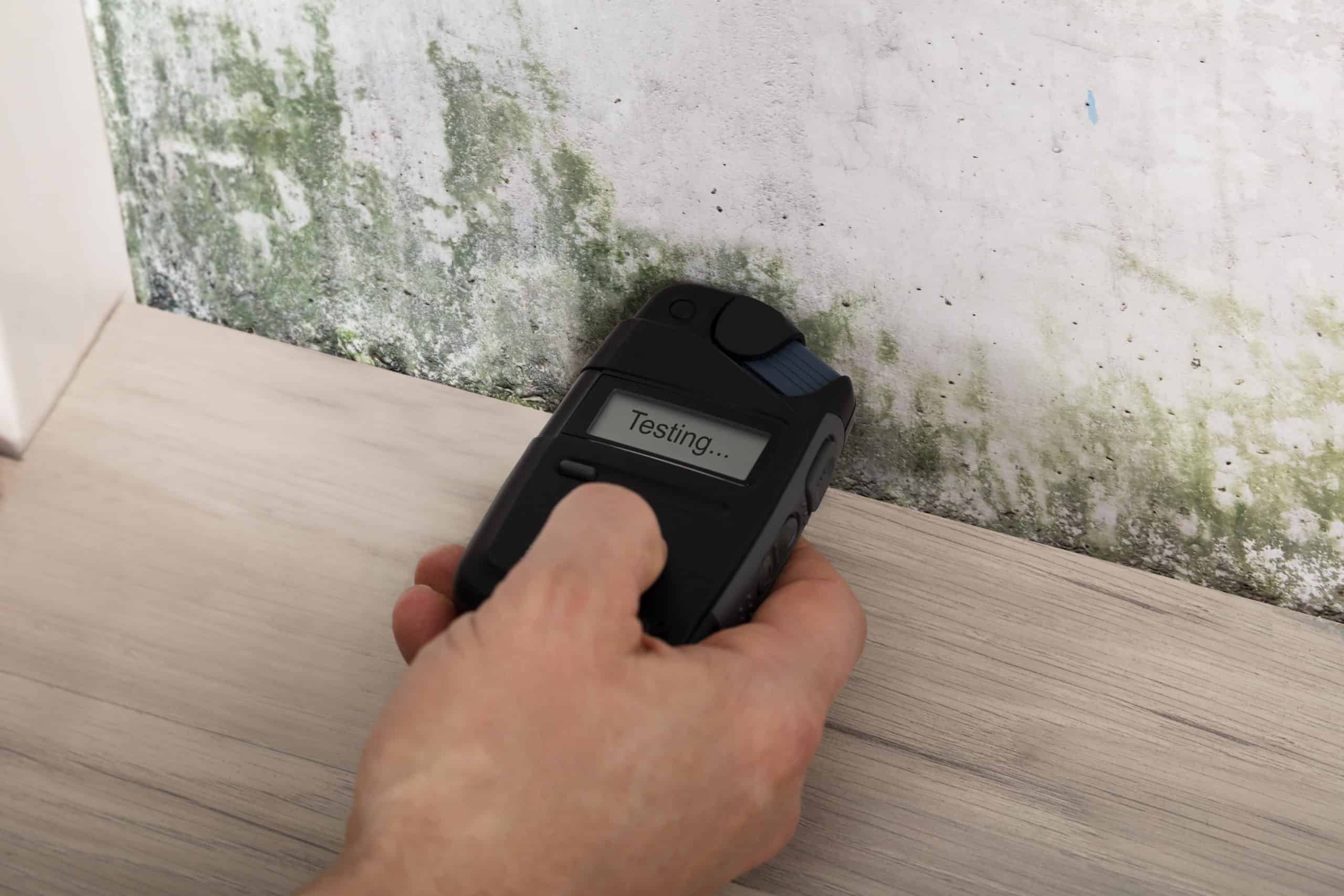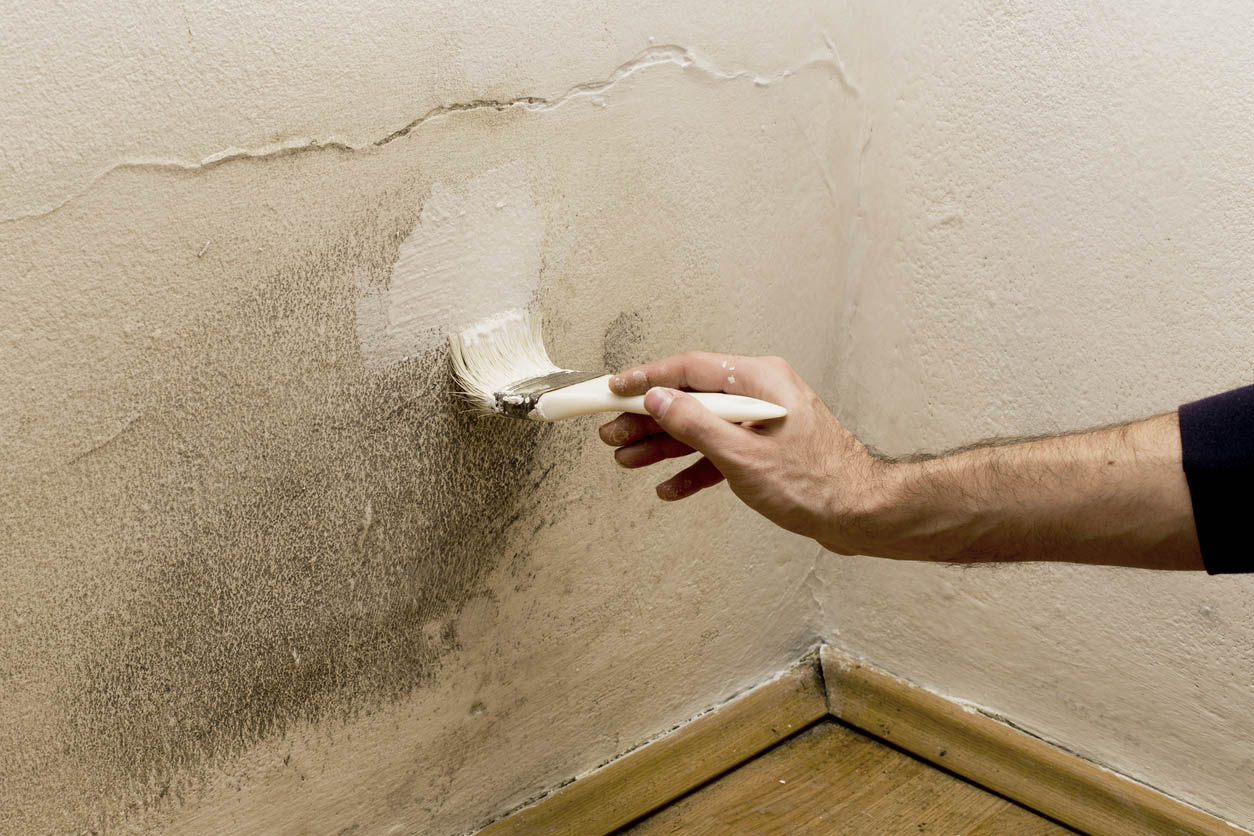Mold can be an insidious intrusion in our homes, thriving in hidden corners and damp spaces, often out of sight until it bursts forth with its telltale, musty odor. When faced with potential mold exposure, homeowners are often confronted with a daunting choice: Should they tackle mold testing themselves, armed with DIY kits and online guides, or seek the expertise of professionals who wield experience and specialized equipment? Each approach has its merits and pitfalls.
On one hand, DIY testing offers a sense of empowerment and potential cost savings, but can it really deliver the accuracy needed to ensure your home is mold-free? On the other hand, professional mold testing promises thoroughness and reliable results, but at what cost and with which associated delays? In this article, we will delve into the nuances of these two paths, examining the strengths and weaknesses to help you make an informed decision for your unique situation.
What is DIY Mold Testing?

DIY mold testing involves an array of methods that homeowners can employ to detect the presence of mold in their environments without the need for professional assistance. These tests typically include simple kits available at local hardware stores, which often use swabs or air sampling to capture mold spores.
The process can be straightforward, yet it requires careful attention to detail; one must ensure proper collection techniques to avoid contamination. While DIY testing can provide valuable insights, it’s worth noting that the results may not be as comprehensive as those obtained through professional services.
Furthermore, understanding the potential health implications and the limitations of these tests is essential, making it crucial for homeowners to weigh the pros and cons before taking action.
What is Professional Mold Testing?

Professional mold testing involves a comprehensive assessment of your property to accurately identify the presence and types of mold spores lurking within. Trained specialists utilize advanced tools, from air sampling pumps to moisture meters, ensuring that no hidden threat goes unnoticed.
Unlike DIY methods, which often rely on surface observations, professional testers investigate areas that are commonly overlooked—like behind walls or under floors—where mold can thrive undetected. These experts provide detailed analyses, including lab testing of samples, and can pinpoint the sources of mold growth, allowing for effective remediation strategies.
The process is meticulous and thorough, giving homeowners peace of mind and a clearer path to a mold-free environment.
Comparing DIY and Professional Approaches

When deciding between DIY and professional mold testing for mold types, homeowners face a crucial dilemma that intertwines cost, accuracy, and peace of mind. On one hand, DIY testing kits may offer an appealingly low upfront cost and a sense of control, allowing individuals to take immediate action in addressing potential mold concerns.
However, these kits often come with limitations; their results may lack the rigorous validation found in professional assessments, leaving room for false positives or negatives. On the flipside, enlisting a professional mold testing service typically entails a higher financial investment, yet this approach brings a wealth of expertise, advanced technology, and comprehensive reporting that can pinpoint hidden mold sources and identify health risks.
Thus, the choice between these two approaches not only reflects individual budgets but also one’s level of comfort with risk and the complexity of their specific mold problem. Ultimately, weighing the benefits of thoroughness and professional knowledge against the convenience and lower cost of DIY solutions is essential in determining the best route for effective mold mitigation.
Conclusion
In conclusion, deciding between DIY and professional Black Mold Testing ultimately depends on the specific circumstances of your situation, including the extent of mold presence, your budget, and your level of comfort with handling mold-related issues. While DIY testing kits offer a cost-effective and accessible way to assess potential mold problems, they may lack the accuracy and comprehensiveness of professional services.
Professional mold testing not only ensures reliable results but also provides expert insights into specific issues like the presence of black mold, which can pose serious health risks. Ultimately, weighing the pros and cons of each approach will help you make an informed decision that best protects your living environment and well-being.


